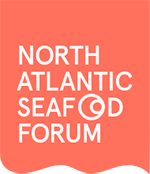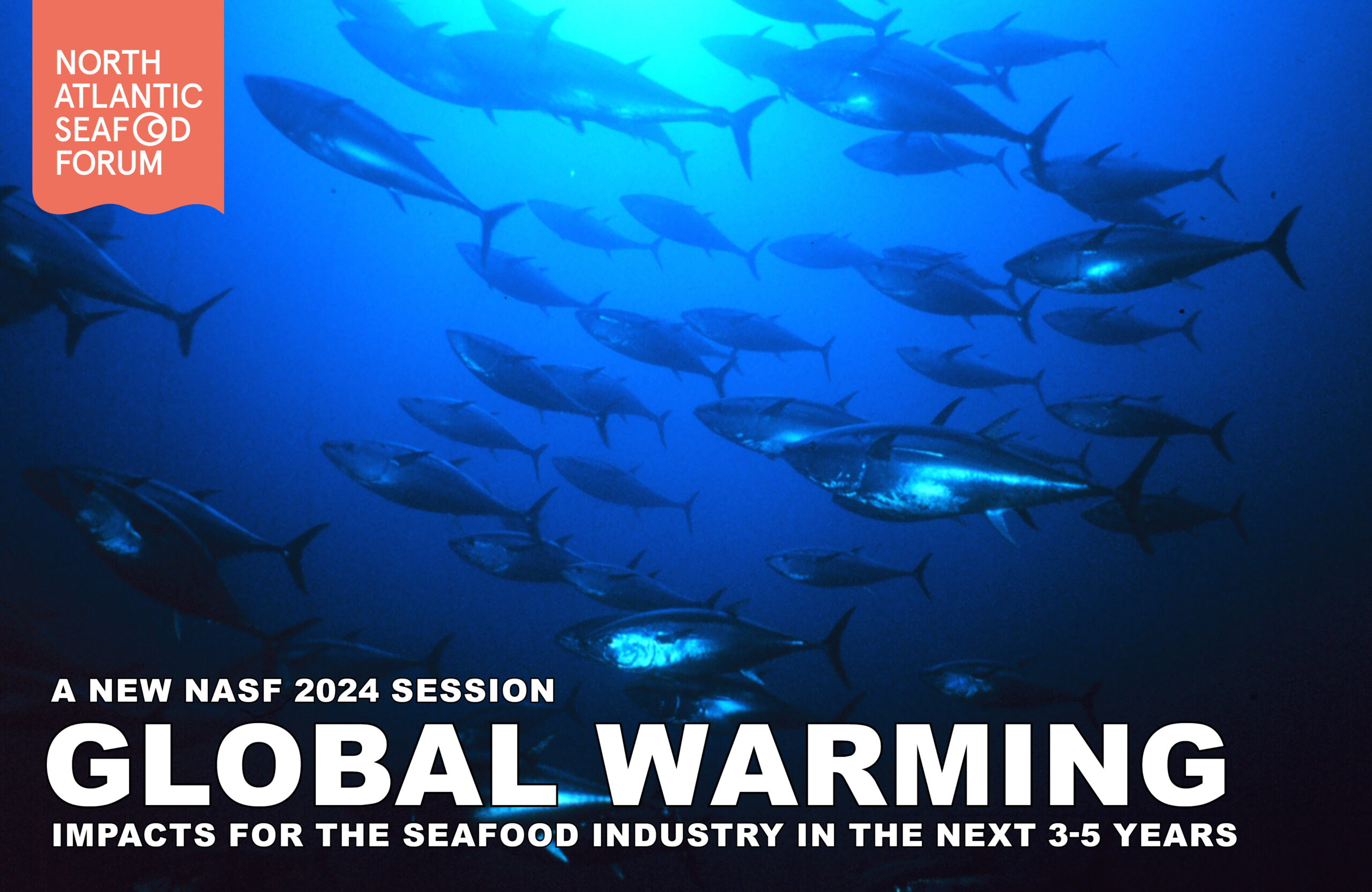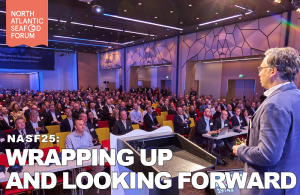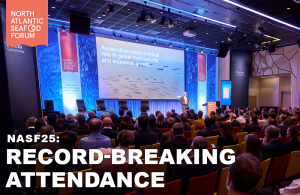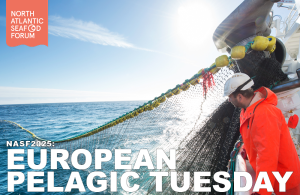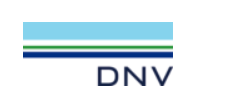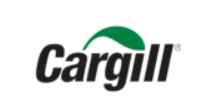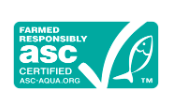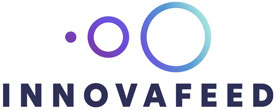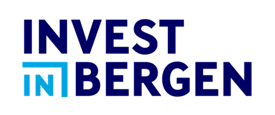A new NASF 2024 Session: Global Warming - Impacts on the seafood industry the next 3-5 years
It’s happening just now. Politicians debate goals for some 30 years ahead in time, seafood managers need to adapt to what’s going to happen in a few years’ time. In this new NASF session we bring a broad team of experts and scientist on seawater temperature, meteorology, climate change, fisheries, and quota experts to give an update specially tailored for the seafood industry with a 3 to 5-year perspective.
There have already been examples of companies moving their businesses due to dramatic change in where catches of certain species are finding place, to have a solid supply of fresh fish. How will change in climate and water temperature affect the large whitefish stocks of the North Atlantic? Can increase in sea temperature end up in geopolitical turmoil?
We also bring experts to share insight on the pelagic sectors. These species have been object for political disagreements between different states already – how will an increase in sea temperature affect the quotas and agreements that must be done in the next 3-5 years?
Aquaculture is also to be affected by global warming. How should fish farmers globally adapt? Will we see a change in species being farmed, or is offshore farming the only solution? We intend to bring latest news on these topics from leading players in the aquaculture industry together with scientists sharing updated knowledge on these and many other questions.
Due to the importance of this session, it is now possible to reserve a single session delegate pass for the Global Warming session.
Reserve your Global Warming delegate pass in this link! (NOK 1850 excl. VAT)
Thursday 7th March – 11:00 – 14:00 Session oversight
Climate change – sea temperature and weather conditions
How has the weather changed the last years, and what can we expect for the next decade? What will happen to the sea temperature in the years to come?
Speaker: Marta Trodahl, Scientific programmer/researcher, Norwegian Meteorological Institute
Climate changes and consequences for the marine species in the Artic
The situation for seafood and sea mammals in the Polar Sea based on recent scientific research expeditions.
Speaker: Professor Geir Wing Gabrielsen, Senior researcher Norwegian Polar Institute and University centre in Svalbard.
How will climate change affect the supply of wild seafood?
The effects of increased sea temperature and climate changes on the biomass for different species. What will the effects be for the fisheries.
Speakers:
Geir Huse Deputy Director General/ Department Director – Norwegian Institute of Marine Research.
Maria Fossheim Head of Research/ Research Manager – Norwegian Institute of Marine Research.
Coffee break
Salmon farming – challenges and future changes
Whitefish farming – Impacts and opportunities for Mediterranean blue bioeconomy due to global warming
Speaker: Leonidas Papaharisis, Scientific coordinator – Hellenic Aquaculture Producer Organisation (HAPO)
How aquaculture data can drive climate action farming
To maintain productivity and sustainability, aquaculture producers must be equipped with knowledge on how climate change will affect the local environment, the farmed species, as well as the production systems. There is an urgent need to consider how local farm setting and variability should be addressed, and how thresholds and tipping points are identified, in order to respond properly to challenges. The positioning of fish farms offers an exceptional opportunity to gain detailed information on the rate, magnitude, and variability of climate change in coastal areas. This information can again be used to understand the impact on the farmed animals and the production system, design better experimental trials and target better research questions. Thus, aquaculture has the potential to deliver datasets that are required to understand and analyse changing conditions across coastlines, as well as its impact. Reducing the impact from climate change and adapting to inevitable changes will be of great importance as the effects of climate change emerges.
Speaker: Elisabeth Ytteborg, Senior scientist in the Department for Fish Health, Division of Acuaqulture, Nofima.
Economic consequences for the Seafood Industry
The costs for catching fish are increasing. Some of the stocks are decreasing, and other stocks are changing the migrating pattern. Finnmark will be the new Lofoten and the pelagic species will also be moving. Storage and transport will be more expensive. How will these changes influence the profitability in the industry and the price for the consumers?
Speaker: Oli Samro, Fishfacts, Faroe Islands
Panel discussion
Reserve your Global Warming delegate pass in this link! (NOK 1850 ex VAT)
